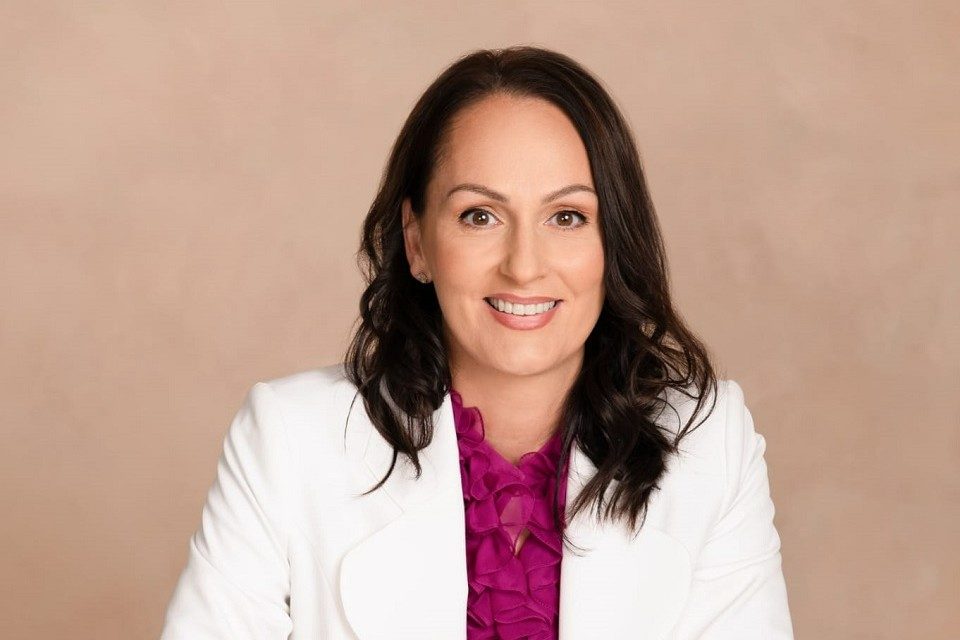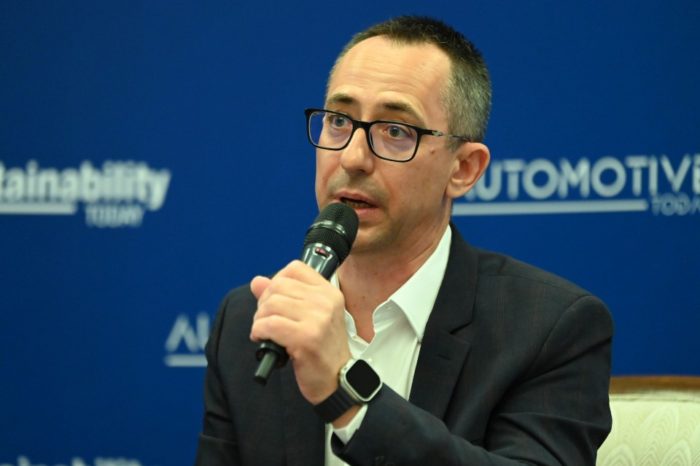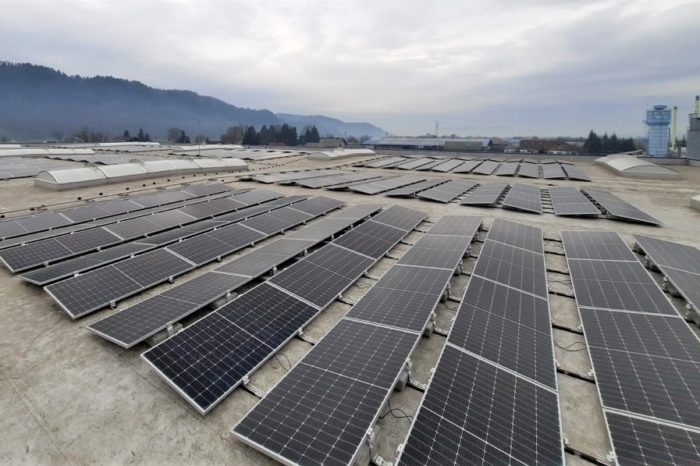Alina Paul, CEO of DO Security: “2023 will bring investments that need to be secured and that will increase the national security market”

How do you characterize the year 2022? What do you predict will be the evolution of the global security market in 2023?
2022 was a challenging year for the security market: it started promisingly due to the post-pandemic market uptrend, but the outbreak of the border war brought uncertainty in the first two to three months, followed by a steady recovery in the market. Due to the geopolitical tensions in the area, people are still afraid to spend on security and guarding, even though we are talking about the safety of themselves and their families. Thus, in this context, marked by uncertainties and risks, the security market is quite divided: some are willing to invest for their safety, while others save in the event of the escalation of the war in Ukraine. A large part of the population is fearful about the situation at the borders and prefers caution, considering the worst scenarios, despite the assurances received from Romanian and foreign officials that the presence of NATO in the region gives us security and stability in the Eastern European area.
However, I believe that 2023 will be a good year for our country, we will benefit from important investments at the national level, whether we are talking about European funds, PNRR or direct foreign investments, and these will have to be secured, a fact that will be reflected continuing the growth trend of the security market.
How connected is the security services market in Romania to global trends?
Romania is moderately connected to world security trends. Instead, we are much more active, dynamic, and interdependent with the European market due to the similarity of the needs, but also of the vulnerabilities and risks in this field. Operators in the security market are constantly attentive to the offer on the European market in the field.
What are the needs but also the challenges in this different geopolitical context compared to last year?
Security needs are increasing due to the increase in criminality caused by the changes taking place in European society, whether we are talking about the pandemic, but also the amplification of the migration phenomenon.
How do salary and tax changes impact you next year?
The changes regarding the increase of the minimum wage have the first effect of increasing labour costs, in conditions where there is pressure to maintain the prices of the services and products offered. Our customers do not want a price increase, although on the operators, in addition to the pandemic crisis, the energy crisis also overlapped, which affected all the players in the economy, equally.
From this point of view, technology will play a key role in 2023. Technological progress is the only tool capable of compensating for fluctuations in the labour market and providing much greater security compared to what the human resource can currently provide.
Has the perception of the consumer of security services – whether we are talking about individuals and/or legal entities – changed following the pandemic?
The pandemic has changed the preferences of both private and corporate customers, with both categories emphasizing the quality of services and promptness in their delivery. Currently, the security market is increasingly oriented towards technology, due to the efficiency, but also the lower cost compared to the human resource. Additionally, customers want unrestricted access to their belongings and property, which a security system can provide 24/7.
How do digitization and modern technologies affect the evolution of the security services market?
Digitization and modern technologies put pressure on security companies to constantly improve and diversify their service portfolio to offer the best value for money. Modern technologies come to the aid of specialized economic agents, offering them time-saving opportunities for installation and maintenance, by reducing trips to the location compared to classic systems.
What are the company’s plans for the next period?
We focus on improving the services provided to customers, diversifying the range of technical solutions offered and adapting the company to the challenges and opportunities that the market offers in 2023.
During the pandemic, thermal imaging systems evolved due to the need to measure human temperature, achieving a precision in temperature measurement that opened new opportunities. Currently, we are witnessing a larger scale implementation of these systems in industrial projects for the early prevention of fires, but also for the optimization of industrial production processes. In the residential area, there is a growing trend of implementing smart home systems and it is desired to integrate them with the security system on the same platform. The acceleration towards the smart home was triggered by the need to reduce energy consumption intelligently without affecting the quality of life.
What advice do you give customers when choosing security systems?
Customers, whether we are talking about individuals or companies, are encouraged to choose modern security systems, with reliability in the face of cyber-attacks, as well as physical ones. A minimum standard would be a system that would be protected on a cloud basis in case of attempts at sabotage via the Internet as well as physically, since, recently, the phenomenon of jamming of classic communicators has increased. These systems can only be offered by authorized companies with specialized, qualified personnel and permanently involved in a process of adapting to new trends. The economy offered when choosing to install a system purchased online or from unauthorized persons is usually much less than when opting to buy them from authorized companies, and this is felt in the event of a break in the lens. Along with the evolution of the market and the level of knowledge of the bad guys has increased, they benefit from information about the functionality of classic systems. In this case, customers must know that a functional system designed in 1990 no longer provides effective protection today.















